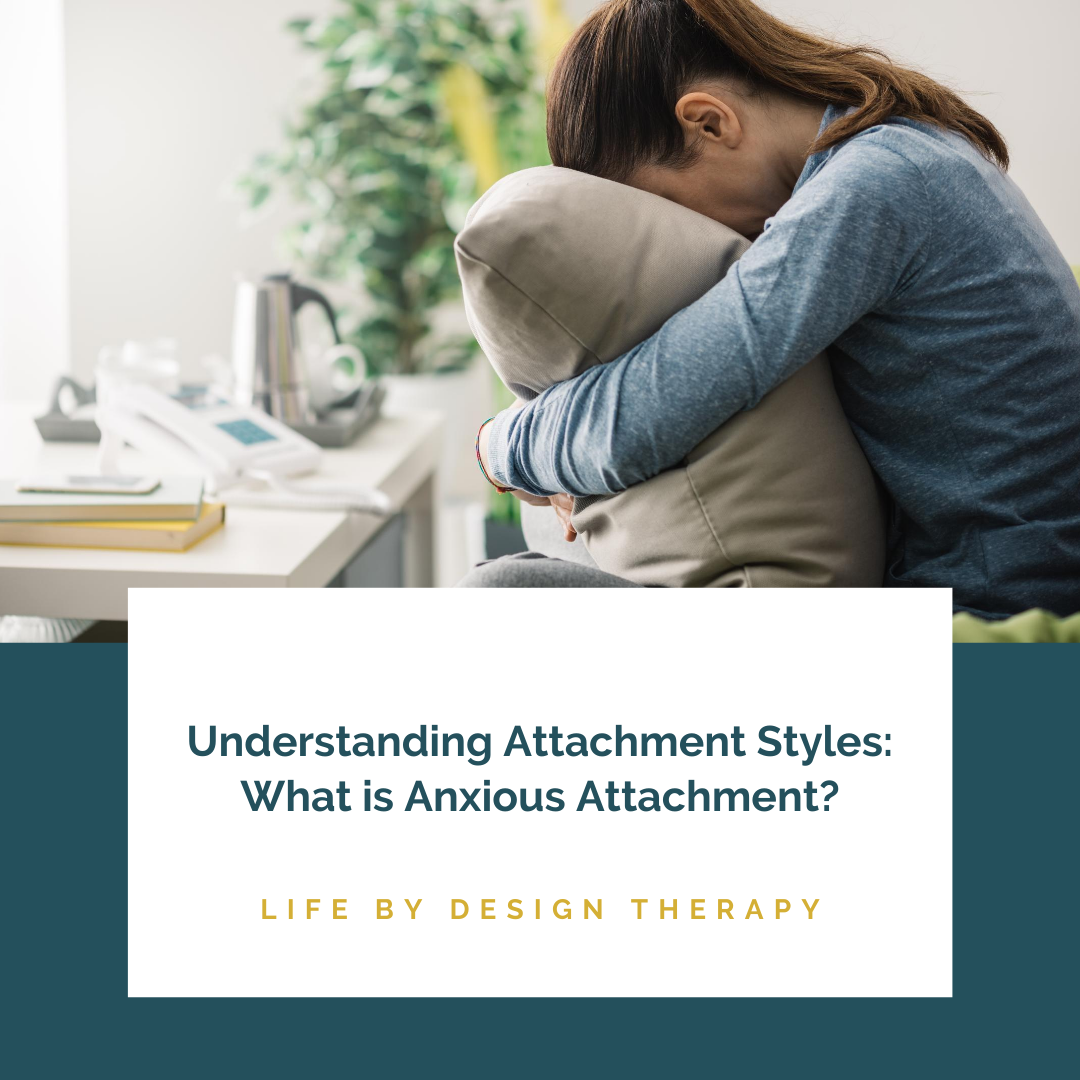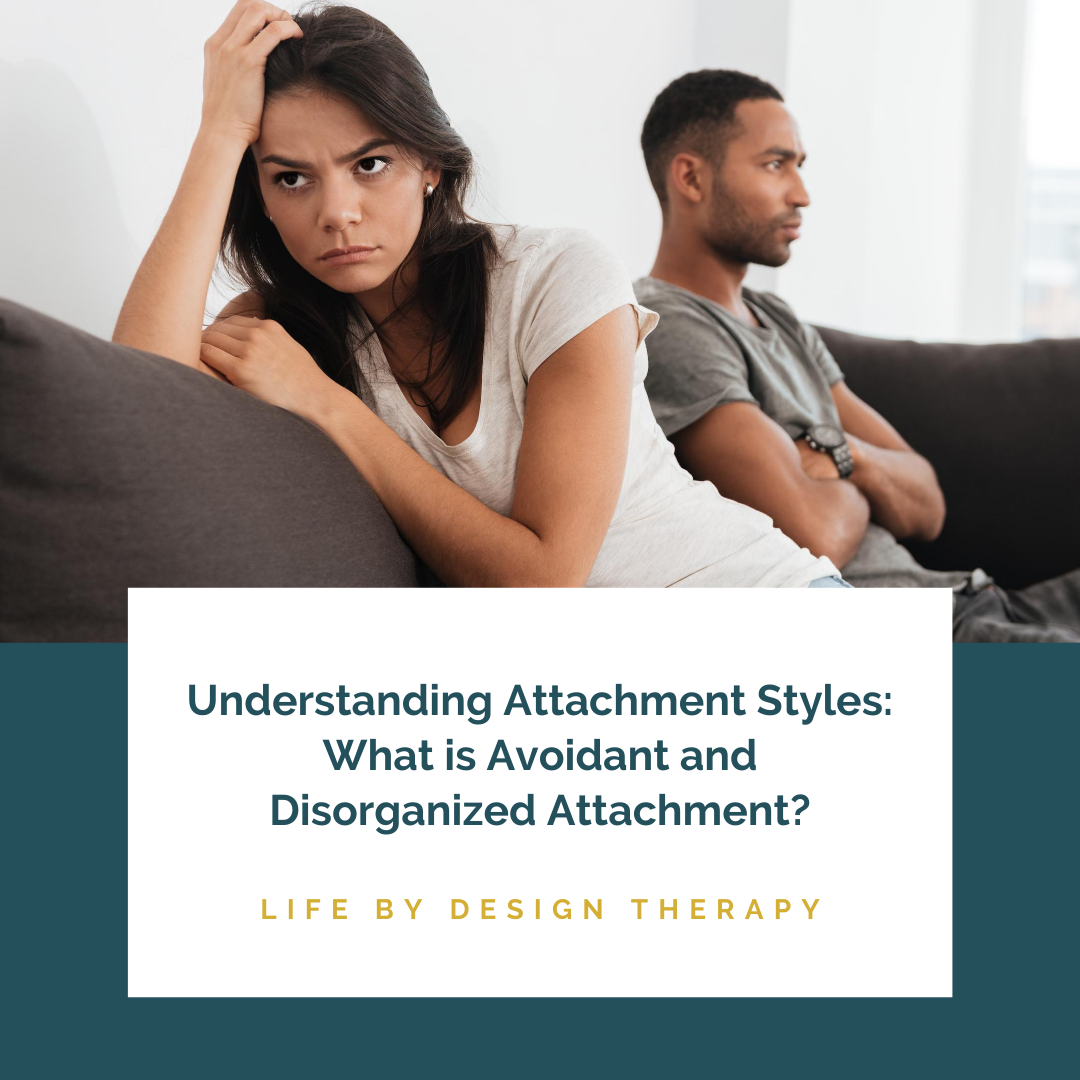How To Cope with Feelings of Grief and Loss During The Covid-19 Pandemic
by Melody Wright, LMFT
Losing a loved one can have a strong impact on our lives and wellbeing, but not all losses look the same. Unfortunately, the pandemic has increased our likelihood of experiencing loss. It has also made many of us reevaluate our relationships with friends and loved ones. Whether it’s the death of a loved one, the end of a romantic relationship, or choosing to cut ties with a family member, loss can leave us experiencing feelings of grief that can affect our physical and emotional state.
What Is Grief?
“Grief is the intense emotional response to the pain of a loss. It is the reflection of a connection that has been broken. Most important, grief is an emotional, spiritual, and psychological journey to healing. There is wonder in the power of grief.” – David Kessler
You may have heard that grief occurs in stages. While this may be true, it does not mean that the grief process is linear or follows a certain pattern. Everyone experiences grief differently, but having an understanding of your feelings and acknowledging how your body is processing a loss may help you recognize if or when you need outside support to help you heal.
The traditional stages of grief include the following emotions and actions: Denial, Anger, Bargaining, Depression, and Acceptance. Every person who experiences loss will not experience these stages in the same way. They may go back and forth between stages, or skip stages altogether. No matter what your grief journey looks like, know that there are resources and tools that can help you cope with your grief.
What Can I Do To Address My Grief?
Experiencing a loss can be one of the hardest things a person will experience in their lifetime. While the emotions that come as a result of a loss can sometimes feel overwhelming, know that there are people and strategies that you can tap into when you feel like you need some extra support.
Below are some coping strategies to help support your grief process during the COVID-19 pandemic:
Give yourself time and grace. The grief process is exactly that, a process. It will take time to address how you feel and what life changes you want to make, if any, as a result of a loss. Take time to honor your feelings associated with your grief, validate them, and understand why they are there.
Take care of yourself. Whether this means taking some time off of work to process your feelings, or adding more outside time to your evenings, we encourage you to listen to your body and give it what it needs to feel better.
Connect with others. Talking to a friend or joining a support group can create opportunities to connect with others that may help you on your grief journey. Having conversations with friends and peers that have gone through a similar experience may give you an opportunity to gain an outside perspective or hear words of consolation when experiencing loss.
Talk to a therapist. If you feel as though your grief is becoming too much for you to process on your own, or you are simply wanting additional support during your grief journey, connecting with a therapist may be a good option for you. A therapist can help provide you with additional tools and strategies that are tailored to your current needs.
When Is It Time to Seek Outside Help?
Sometimes the feelings of grief can become too much for someone to process on their own. If you or a loved one is experiencing any of the following, it may be time to seek outside help:
Isolating or withdrawing yourself from others or your usual activities
Feeling difficulty focusing on anything that isn’t related to the recent loss
Feeling like you lack purpose or meaning in life
No matter what stage of grief you are experiencing, there are resources and people available to help support your journey to healing. Grief is a personal process, and it is important not to minimize your feelings.
If you’re looking for more ways to work through pandemic-related grief and loss, sign-up for our upcoming online workshop, Moving Through Grief: Processing Grief and Loss in a Multilayered Pandemic, to learn more tips and skills to best support your grief process.
Are You Sabotaging Your Own Relationship?
by Melody Wright, LMFT
Sometimes, we run away from or reject relationships that are good for us due to our own limiting beliefs. Naturally, not all relationships are destined to work out. However, if you have ever chosen to start a fight or end an otherwise healthy relationship over something relatively unimportant, you might be guilty of self-sabotage.
We may or may not recognize when we are sabotaging our relationships -- but if we find ourselves in a pattern of failed relationships, it is worth examining our beliefs and behaviors to see if self-sabotage may be contributing. In this blog post, we'll discuss how to notice when you might be engaging in self-sabotage, the types of self-sabotaging behaviors that often impact relationships, and what to do if you want to stop sabotaging your relationships.
What is Self-Sabotage?
Self-sabotage is the act of covertly damaging or ruining something we care about or that is beneficial to us, often without realizing it. In relationships, we might exhibit this behavior by saying something we don't mean to our partners, inciting inflammatory arguments, or even ending a happy and loving relationship for no good reason. This can lead to a pattern of repeated arguments and/or failed relationships that negatively impacts our happiness.
Oftentimes, we engage in self-sabotage because of negative core beliefs related to ourselves and others. We may think we are unworthy of love or that all relationships are destined to fail, leading us to think and behave in certain ways that impact our relationships. For example, if we believe all relationships are destined to fail, we may not give our partner our best effort or may even end the relationship preemptively to protect ourselves from heartbreak.
Types of Relationship Self-Sabotage
Relationship self-sabotage is not "one-size-fits-all." There are various ways in which we might sabotage our relationships depending upon our individual beliefs, thoughts, and behaviors.
Some examples of self-sabotaging behaviors that often affect people in relationships include:
Getting into relationships with partners who have no long-term potential
Comparing our current partner to a previous partner (or an "ideal partner")
Being overly critical of our partners' characteristics, flaws, or mistakes
Avoiding intimacy by holding back our thoughts and emotions when we feel vulnerable
Inciting inflammatory arguments over small, insignificant problems or actions
Only starting to feel uncertain about the relationship when it shows signs of progression
Ending a relationship preemptively, before our partner can hurt us by ending it themself
Why We Sabotage Our Relationships
Just as self-sabotage can look different to everyone, it can also come from different places. Many times, self-sabotage originates with a traumatic experience or self-limiting beliefs we hold about ourselves or about relationships.
Some examples of beliefs that can fuel self-sabotage include:
I am not worthy of love.
I am not good enough.
Other people can't be trusted.
My partners always leave me.
Relationships never last.
Intimacy is dangerous
Vulnerability is weakness.
How to Stop Sabotaging Your Relationships
Now that you understand how and why you might be sabotaging your relationships, the big question is this: how do you stop engaging in self-sabotage? Many of us who self-sabotage want to enjoy healthy, lasting relationships; we simply do not know how to do this without unintentionally sabotaging ourselves.
One way to catch yourself when you engage in self-sabotage is to understand your attachment style and how it might influence your behavior in relationships. We previously posted a series of blogs about attachment styles -- give them a read to help you understand yours and how it might influence the way you behave in relationships. If you have an insecure attachment style, you might be especially likely to self-sabotage.
The process of recognizing and correcting self-sabotage is ongoing and requires constant attention to our thoughts and behaviors. It can be challenging to undergo this process on your own, but you do not need to do it alone. Therapy can help you catch and correct negative beliefs that lead to self-sabotage. Contact Life by Design Therapy today to learn how our clinicians can help you enjoy happier, healthy relationships -- without sabotaging yourself.
Interested in attachment?
Read our attachment blog series to learn how your attachment style impacts your relationship!











